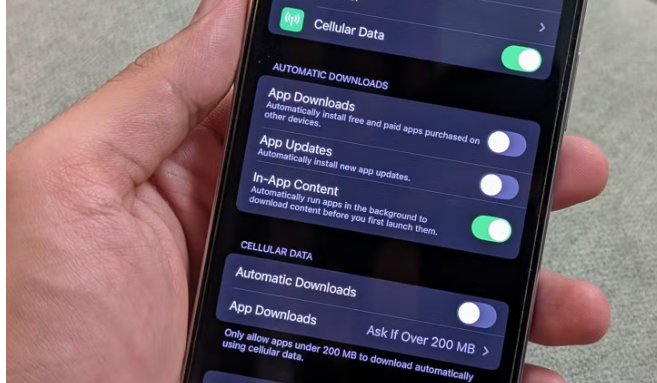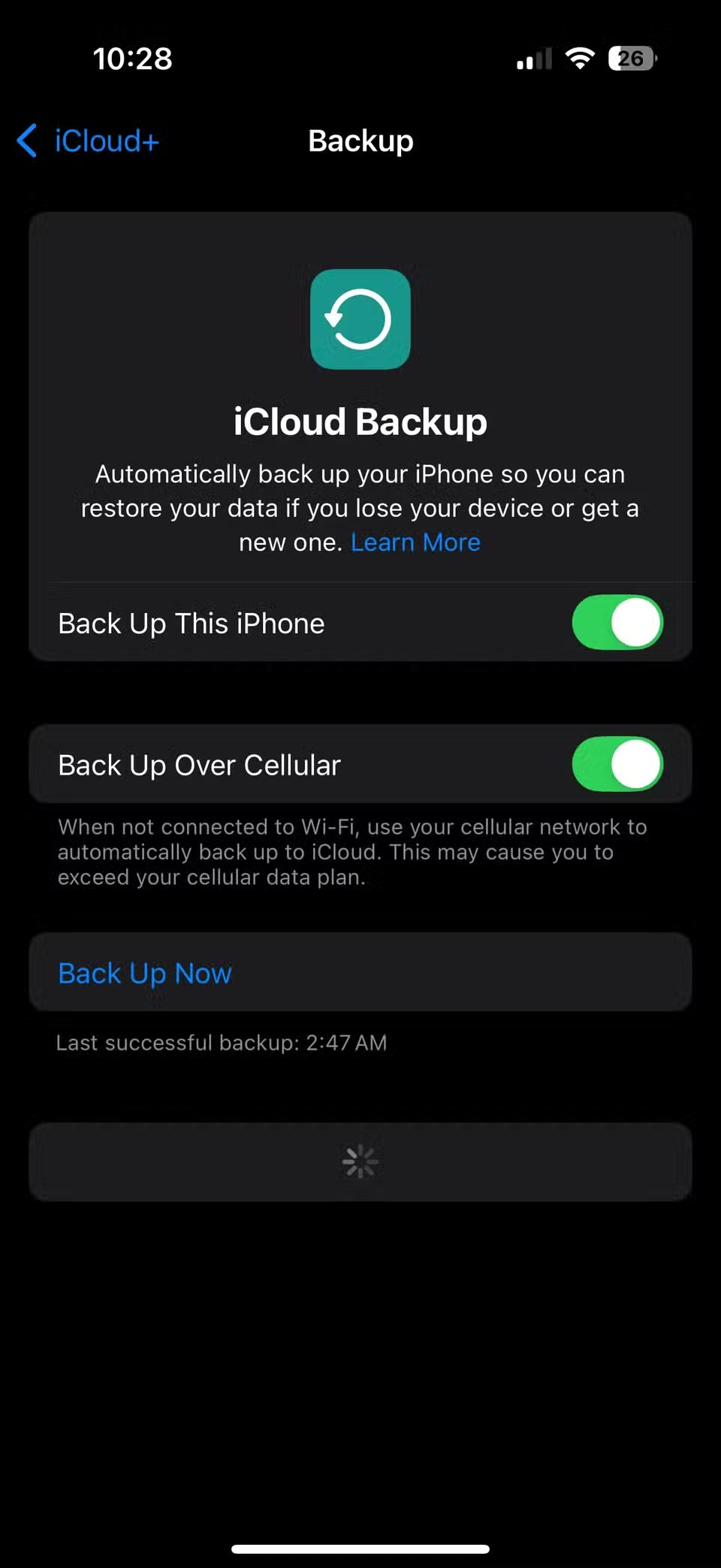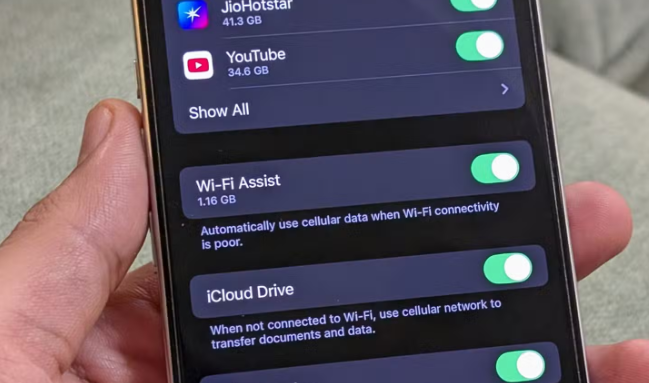6 Concealed iOS Configurations That Are Depleting Your Data Plan (and Their Resolutions)
- Sanuj Bhatia
- May 31, 2025
- 3 min read
Updated: Jul 5, 2025
iPhones excel in numerous functionalities; yet, conserving mobile data is not among their strengths. If you frequently deplete your data allowance, consider modifying some essential settings to minimize your phone's data consumption.
Disable Background Refresh for Applications
The iPhone's App Store has numerous beneficial applications, and if you are like to me, you have likely installed hundreds. By default, all these applications are permitted to utilize your cellular data in the background, even while not actively in use. This can rapidly deplete your data allocation, particularly for applications that continuously refresh feeds or transmit messages.
To mitigate this, it is advisable to activate background app refresh solely for the applications that are essential. Instructions for modifying the settings on your iPhone:
Open Settings.
Tap General.
Scroll down and select Background App Refresh.
Tap Background App Refresh again to choose Wi-Fi only or turn it off completely.
You can also disable background refresh for individual apps to reduce data usage further.



Disable Automatic App Updates on Mobile Data
A concealed setting that might surreptitiously deplete your cellular connection on iOS is the App Store's default capability to download applications and updates via mobile data.

A concealed setting that might surreptitiously deplete your cellular connection on iOS is the App Store's default capability to download applications and updates via mobile data.
As application sizes escalate, this can rapidly deplete your data allocation unexpectedly, particularly if you engage in mobile gaming. To avert this and conserve cellular data, adhere to these succinct methods to deactivate automatic app downloads and updates:
Open Settings.
Scroll down and tap App Store.
Under App Store settings, either:
Toggle off "Automatic Downloads" to stop auto-updates over data.
Or turn off Cellular Data entirely for the App Store.
Prevent iCloud from Synchronizing over Cellular Data
iCloud is a premier component of the Apple ecosystem, enabling access to data, photographs, and movies across all Apple devices. Nevertheless, it can autonomously back up your data just when connected to a cellular network. This is advantageous for backing up your files without Wi-Fi connectivity. Nonetheless, it rapidly transforms into a concern, particularly while touring and capturing numerous photographs or films. This may result in significant data depletion. Fortunately, it is simple to deactivate. This is the method:
Open Settings and tap your profile icon at the top.
Tap iCloud, then select iCloud Backup.
Toggle off Back Up Over Cellular.
Go back, select Photos, then tap Cellular Data and turn it off.



Disable Wi-Fi Assist to Avert Data Surges

When the Wi-Fi signal is feeble, your iPhone can autonomously transition to cellular data to ensure a stable connection. This may facilitate streaming or video conferencing, but it can also lead to increased data consumption without your awareness. To prevent your iPhone from transitioning to cellular data when Wi-Fi is inadequate, adhere to the following instructions:
Open Settings.
Tap Cellular.
Scroll down and turn off Wi-Fi Assist.
2. Meticulously Supervise Wi-Fi Hotspot Utilization and Data Roaming
iOS 18 introduces a direct Wi-Fi Hotspot toggle in the Control Center. Although convenient, this may result in elevated data consumption if numerous devices connect to your iPhone simultaneously. This underscores the necessity of consistently monitoring connected devices and activating Low Data Mode on those utilizing your iPhone as a hotspot.
Likewise, roaming data can be an inconspicuous drain, especially during overseas travel. Background operations can deplete data while roaming, resulting in substantial charges, even if your phone is not in active use. To prevent this occurrence, consider disabling Data Roaming by navigating to Settings > Cellular > SIM/eSIM and turning off Data Roaming.
Stops Safari From Using Data Before You Even Tap

Although Apple has enabled iOS to include third-party browsers, Safari continues to be one of the most prevalent browsers on iPhones. It is rapid, secure, and laden with functionalities. However, one of those capabilities, known as Preload Top Hit, may be consuming more data than required.
When conducting a search in Safari, your iPhone will automatically preload the initial search result, allowing it to open immediately upon selection. Although it may appear beneficial, it can also result in superfluous data usage—particularly when you do not engage with that result at all. To deactivate this:
Open Settings.
Go to Apps and then select Safari.
Toggle off Preload Top Hit.
These are several concealed options you ought to adjust to mitigate excessive data use on your iPhone. As mobile plan expenses grow daily, here are several methods to manage your data usage effectively. Additionally, it is advisable to explore iOS options that promote battery health to ensure your iPhone operates properly.



Comments